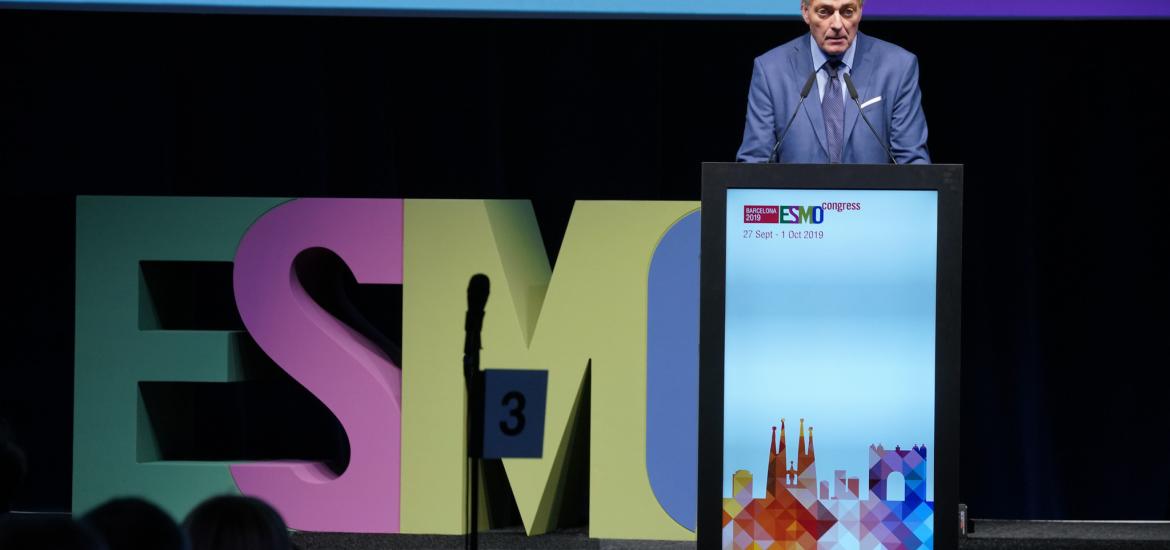
ESMO 2024 – how Merck overreached in endometrial

Merck & Co’s mistake in Keynote-B21, a pivotal trial of adjuvant Keytruda plus chemo in endometrial cancer that was earlier toplined as a bust, might have been to enrol all-comers instead of focusing on patients with mismatch repair-deficient (dMMR) tumours. That’s one hypothetical finding from the Keynote-B21 data, just unveiled in an ESMO late-breaking abstract, where patients whose tumours were dMMR appeared to do much better in terms of disease-free survival than those with MMR-proficient disease. The latter group dragged down the result in all-comers, which yielded two-year DFS of 75% for Keytruda plus chemo versus 76% for chemo alone, and a highly statistically non-significant hazard ratio of 1.02. Merck’s plans here remain under wraps, but a benefit in the dMMR subgroup – even though this analysis was prespecified – might not support regulatory filing without being tested in a prospective trial. Keytruda plus chemo, and Jemperli plus chemo, are already approved in first-line endometrial cancer irrespective of microsatellite status, while Imfinzi plus chemo is for now restricted to dMMR patients. So far, however, the adjuvant setting remains white space for immuno-oncology.
Is there a chance? Summary of Keynote-B21 in adjuvant endometrial cancer
Keytruda + chemo | Chemo | |
|---|---|---|
| All-comer patients | 545 | 550 |
| 2yr DFS in all-comers | 75% | 76% |
| HR=1.01 (p=0.570) | ||
| dMMR patients | 281 | |
| 2yr DFS in dMMR patients | HR=0.31 | |
| pMMR patients | 814 | |
| 2yr DFS in pMMR patients | HR=1.20 | |
Source: ESMO late-breaking abstract.
1902













